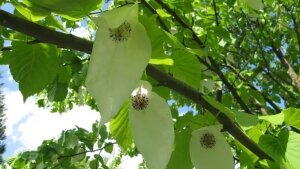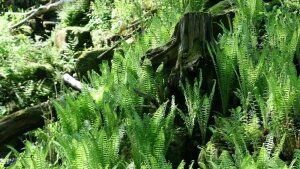
In 1821, Goethe outlined the course of his scientific development. In key words, he parallels his own life with the dynamic development of natural science between 1750 and 1820, emphasizing what he owed to the scientific environment of his era
“Beautiful good fortune to have lived through the second half of the last century.
Great advantage to have been at the same time as great discoveries.
You look at them as brothers, sisters, relatives, even as daughters and sons as far as you are involved.
Shortly before I was born, electricity aroused new interest.
Expansion of this chapter.
Attempt at theoretical views.
The invention of the weather conductor.
Joy of the frightened people about it.
Disturbed by the Lisbon earthquake.
Domestic friend, turned against electricity.
Childish efforts of his own.
Very soon turned against visible nature.
Not really a sharp face.
Hence the gift of seeing objects gracefully.
Growing objectivity.
Attention to the sunset.
The colorful fading brightness.
Colored shadows.
Other natural phenomena.
Rainbow.
Actually a dark circle with colored edges.
Winkler's physics in Leipzig.
Alchemical groping at home.
Long break filled by youthful passions.
Actual beginning.
In Weimar.
[...]
Great advantage of successive cognition.
[...]
The advantage of not being from the profession.
One has nothing old to hold on to, nothing new to reject or envy.
I always tried to master the simplest phenomenon and expected diversity from others. [...]”
A few years later, Eckermann (Conversations with Goethe in the last years of his life) states under the date of February 1, 1827:
“But if I accomplished anything in the subjects that lay in my path, it was to my advantage that my life fell at a time that was richer in great discoveries in nature than any other. [...] And so throughout my life, up to this hour, one great discovery followed another; as a result of which I was not only led towards nature at an early age, but was also later always kept in the most important stimulation.”


